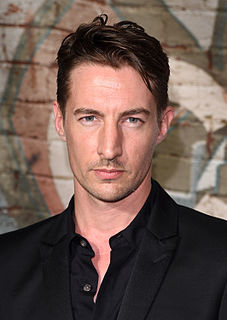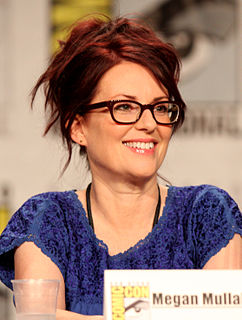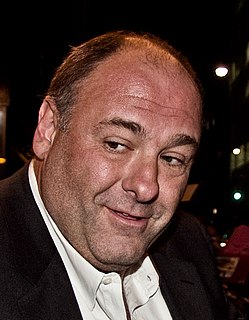A Quote by Gerard Butler
If you just tell the story of what the storys about, then it sparks curiosity, but I think it also arouses suspicion, as you say, that it could be overly sentimental. But it so isnt. And I think it was all about doing the inner work and then underplaying everything.
Related Quotes
I think that when I'm telling a story, I'm doing the best I can to tell the story as fully as I can, and if there are various fractures that happen in the story, then that's just the very thing that the story is as opposed to my looking for avenues of difference in one story. They just really do exist. For me, anyway.
I don't think there's a right or wrong things in your style. It's about how you clearly reflect who you are; how you more clearly tell the story. Who are you? How do you want to transmit that to the world, and how do you more clearly say that? Then I have a philosophy, FFPS: fit, fabric, proportion, and silhouette. Proportion's everything, really, knowing your body and understanding that. Those things have been really crucial for me. It's about being clear about the story you want to tell to the world about who you are - and maybe a little bit of FFPS.
I have been doing this for a long ,and it is the players who learn who you need to work with. You have to coach them to think and understand the game. If they cannot, then you have to tell them, 'You have to do this anyway,' but the best thing to do is say, 'Listen, if he is doing this, then maybe you have to do that.'
Usually the beginning of a story that people hear a lot. For example, "My girlfriend is upset about her new haircut" or "My dad keeps losing his car keys." And then I just think of different ways the story could end. "My girlfriend is upset about her new haircut. I don't understand why she's crying. I'm the one who has to get a new girlfriend." Then I try it out on stage. I don't do a lot of re-writing. My jokes either work or they don't. The trick is just to write a ton of jokes.
Experimental novels are sometimes terribly clever and very seldom read. But the story that appeals to the child sitting on your knee is the one that satisfies the curiosity we all have about what happened then, and then, and then. This is the final restriction put on the technique of telling a story. A basic thing called story is built into the human condition. It's what we are; it's something to which we react.
If you have the abilities to earn a lot of money and if you have the character to persist in giving that to the most effective charities you can find, then that may be the best thing that you can do. And - also, if you do become a Wall Street banker, I think you need to be aware of what you're doing in terms of your daily work, not just earning money to give a lot away. But you need to think about - am I harming people through the work that I'm doing?
I dabbled a little bit in acting in high school, and then I forgot about it completely. And then at about 25 I went to a class. I don't think anybody in my family thought it was an intelligent choice. I don't think anybody thought I'd succeed, which is understandable. I think they were just happy that I was doing something.
I dabbled a little bit in acting in high school and then I forgot about it completely. And then at about twenty-five I went to a class. I don't think anybody in my family thought it was an intelligent choice. I don't think anybody thought I'd succeed, which is understandable. I think they were just happy that I was doing something.
Sometimes the music just has to tell the story without you trying to tell the story. It depends on the type of music you want to make. If it makes you feel good and party then you go with that. If it makes you feel like speaking on something real and doing a story then it's the beat just has to have the story.



































